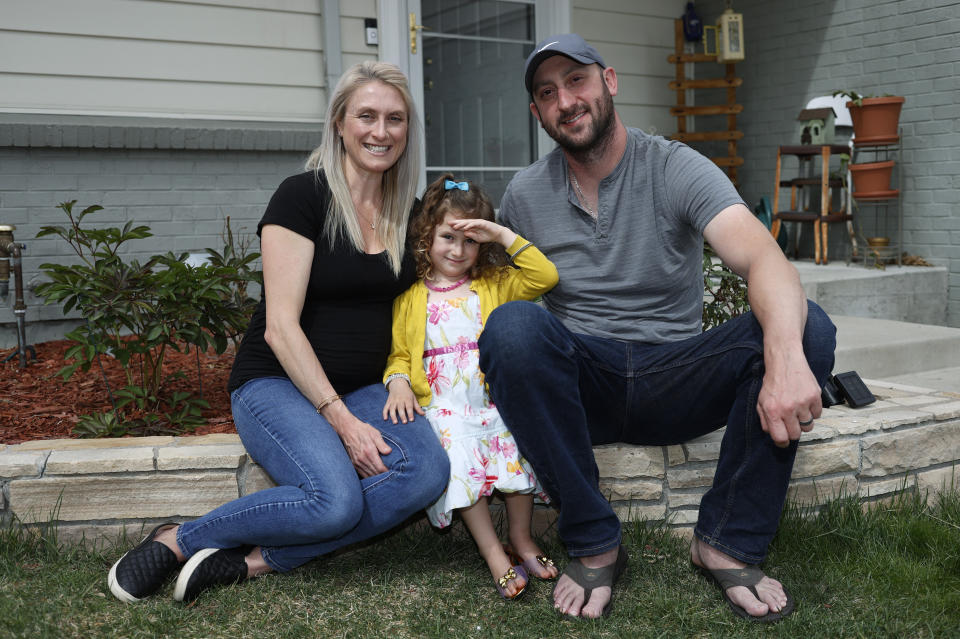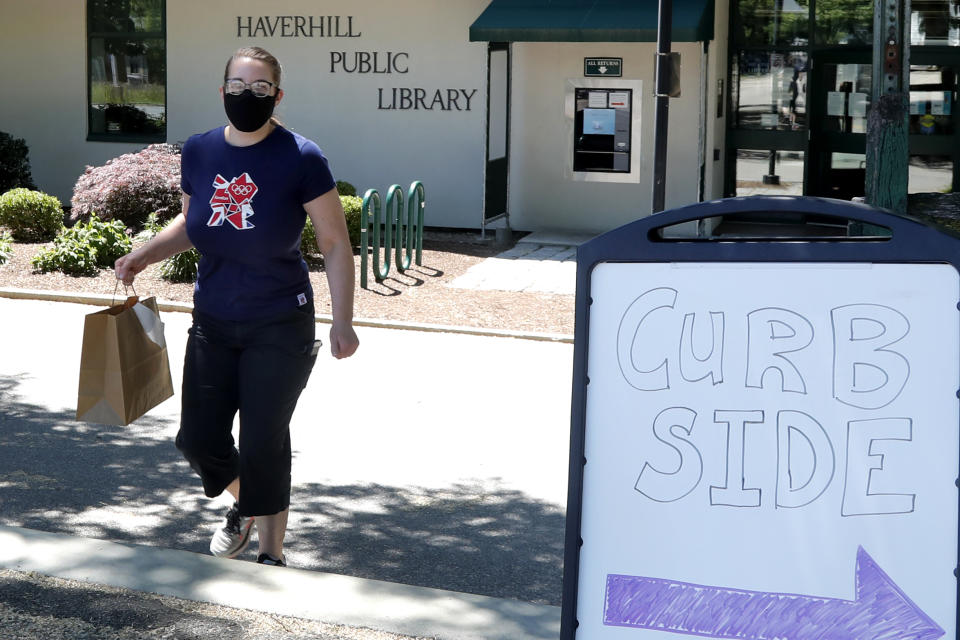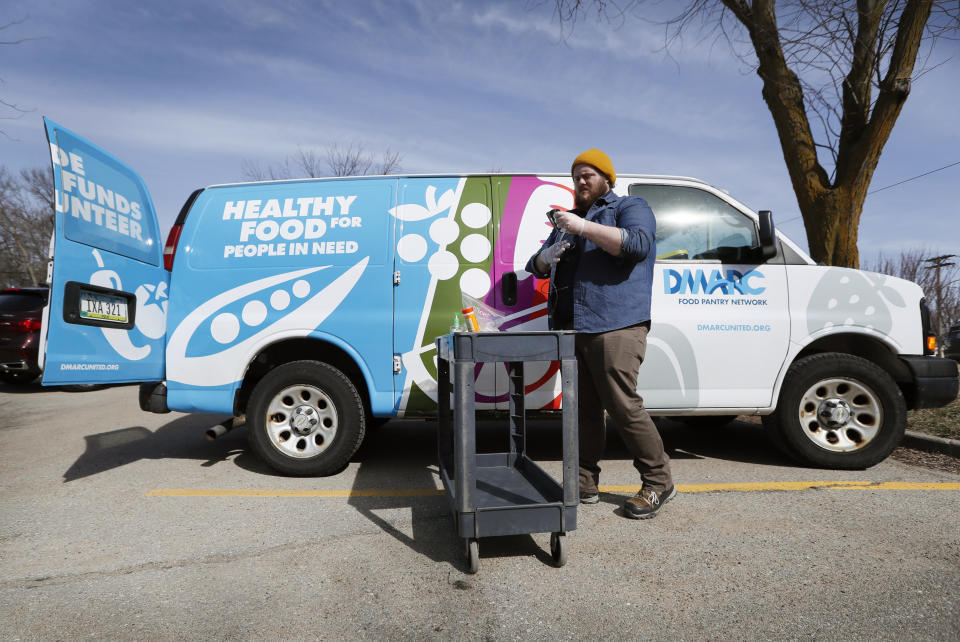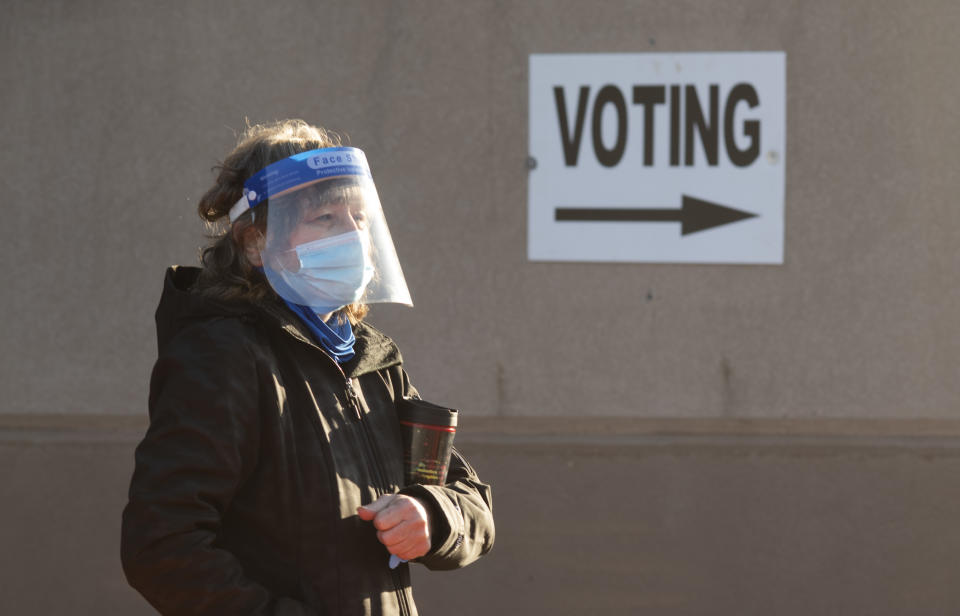1 in 5 Americans couldn't make it to the election on their cash reserves alone
Many Americans don’t have enough cash in reserve to cover their expenses through the election, according to a new survey from Credit Karma.
One in 5 U.S. households could not afford their current level of spending after just three weeks — or just before the election — with money they had readily available without withdrawing from retirement accounts or borrowing, according to the survey. The figure has remained consistent in the weekly survey dating back to March, polling more than 10,000 people in total.
The bleak outlook comes after relief aid has expired and many Americans remain jobless or on reduced income. The government’s early response to assist struggling Americans — such as stimulus payments, additional unemployment benefits, suspension of student loan interest payments, and eviction moratoriums — kept many from needing to exhaust those emergency savings.

“I think from a perspective of thinking and planning, people got a little comfortable with the extra income that was coming in,” Colleen McCreary, chief people officer at Credit Karma, said. “All of the support systems that were propping people up have now disappeared.”
Hopes for more government aid are fading as talks between the White House and Democratic lawmakers largely remain stalled.
‘The worst thing that you can do is to do nothing’
For Americans in dire financial shape, the best advice is to take action and get ahead of the issue, McCreary said, because “making any sort of payment is better than making nothing.”
“The worst thing that you can do is to do nothing,” she said, “This is a pull-the-brake stop, and figure out what your action plan will be.”
Your financial health depends on communicating with your lenders and creditors. If you have a credit card, contact your creditor and explain your situation. Your issuer may offer a hardship plan with lower interest rates, allow smaller minimum payments, or lower penalties.
Homeowners should reach out to lenders for forbearance that may stop or lower payments. The same goes for auto loan holders who rely on their vehicles for getting to work.
‘What can I, to some extent, live without?’

Every expense should also be honestly evaluated and deemed as a want or a need — with the wants temporarily eliminated. Even though you’re making swaps and stretching resources even further, that doesn’t mean living without entertainment, said McCreary, who suggested visiting your local public library for free content.
“You're going to have to be a little tougher on what are the things that I absolutely have to have and what can I, to some extent, live without,” she said.
‘Ask for the help’

Seeking out federal resources isn’t an easy step for some. McCreary acknowledged that those who’ve benefited from the strong economy up until March but now find themselves in a difficult situation are finding asking for help particularly challenging.
“The people I'm most worried about are the people where this is the first time they're ever facing some form of financial insecurity,” she said. “I think for those folks, potentially asking for help for the very first time, is going to be a challenge.”
There’s no shame to “ask for the help,” she said, and federal programs like SNAP, Medicare, and Medicaid exist for a reason.
‘Use their power of voting’

Historically, the health of the economy has driven how Americans decide to cast their ballots in presidential elections. And this election is no different.
“You would have to imagine that someone who is suffering right now is going to be frustrated,” McCreary said. “and would potentially use their power of voting to express that frustration.”
Stephanie is a reporter for Yahoo Money and Cashay, a new personal finance website. Follow her on Twitter @SJAsymkos.
Best North American airports: Air travel hits record-high in satisfaction during pandemic
'I don't want to die by going back to school': Teachers pen wills before returning to classrooms
Coronavirus puppy scams 'seemed legit,' ensnared dog lovers amid pandemic: Illegal Tender podcast
Follow Yahoo Finance on Twitter, Facebook, Instagram, Flipboard, SmartNews, LinkedIn, YouTube, and reddit.

 money
money 

